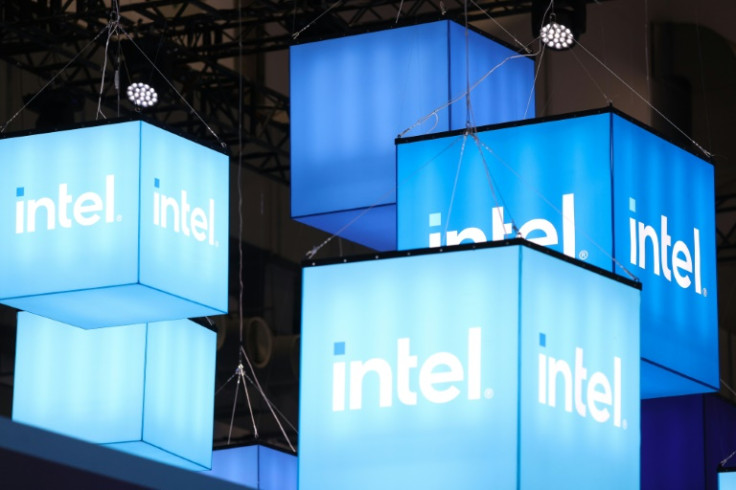
Intel's Foundry business signed a billion-dollar deal with Amazon to make custom chips for the e-commerce giant and revealed plans to split Intel Foundry as an independent subsidiary within the firm.
The deal will expand Intel's strategic collaboration with Amazon Web Services (AWS). Under the deal, Intel Foundry -- the contract manufacturing arm of Intel -- will produce an artificial intelligence (AI) fabric chip for AWS on Intel 18A process.
Intel will also produce a custom Xeon 6 chip on Intel 3 that builds on existing partnership, under which Intel produces Xeon Scalable processors for AWS.
"More broadly, we expect to have deep engagement with AWS on additional designs spanning Intel 18A, Intel 18AP and Intel 14A," the company said in a statement.
CNN reported that the business boost came after Intel revealed that under the CHIPS and Science Act, it will receive funding at around $3 billion, to manufacture chips for the military.
CEO Pat Gelsinger was the one who furnished the details of the transaction to his employees in a memo. He also outlined the steps that would be taken by the company to further improve its competitiveness.
"The board and I agreed that we have a lot of work ahead to drive greater efficiency, improve our profitability and enhance our market competitiveness," said Gelsinger.
The company also plans to establish Intel Foundry as an independent subsidiary inside of Intel. This governance structure will complete the process the company initiated earlier this year.
While Amazon's AWS cloud computing division designs chips that it uses in its data centers, it still hired Intel to manufacture an "artificial intelligence fabric chip," and it will utilize the 18A process of the chipmaker, touted as the most advanced version for external customers, Reuters reported.
Intel has been struggling to keep up with mobile computing. It used to be regarded as the most dominant chipmaker, having cemented its presence on Macs and PCs. However, its market value was already surpassed by Texas Instruments and Qualcomm, as well as Nvidia, which managed to make a name in the AI chipmaking industry.
With the recent partnership of Intel with AWS, it may now be trying to catch-up with its contemporaries in the field. The company's top priority is to maximize the value of x86 franchise across client, edge and data center markets, including with a broader range of custom chiplets and other customized offerings
The company continues to build additional manufacturing plants within the U.S., particularly in Arizona, New Mexico, Ohio and Oregon. It recently increased capacity in Europe through fab in Ireland and plans to complete the construction of new advanced packaging factory in Malaysia. However, production at two of its plants abroad, in Poland and Germany, was suspended for two years.
Gelsinger also gave an update on its previously disclosed goal of cutting costs of about $10 billion by 2025. The company changed its business model and tried to be like its rival TSMC of Taiwan.
In the memo, Gelsinger also noted that the company was already more than halfway of cutting 15,000 employees by the end of the year pursuant to its goal to cut costs by 2025.







